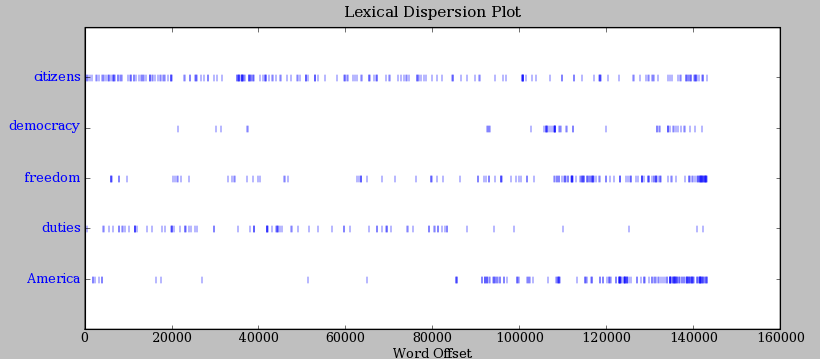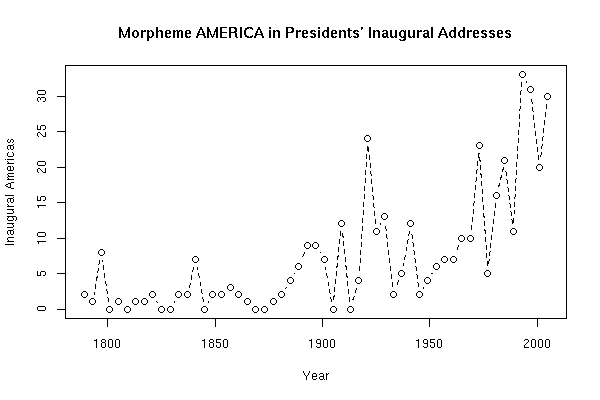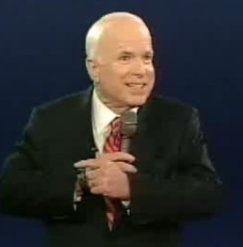Pinker contra Nunberg re nuclear/nucular
[This is a guest post by Steven Pinker of Harvard University. —GKP]
I agree with Geoff Nunberg that the nucular pronunciation is not the result of a phonetic process that applies across the board in these dialects. It's a lexical phenomenon, though one with a phonetic motivation, and I didn't distinguish the two in my Times Op-Ed piece. In this regard I think it's related to Febuary, jewlery, iurn, purty, and Kirsten (from Christine). I also agree that there is an analogical attraction to words like binoculars, particular, circular, vascular, and muscular, but it is one that may have prevailed because the weak perception of the order of the adjacent sonorants in nuclear failed to resist the tug.
But I don't agree with other aspects of the analysis.
Read the rest of this entry »


